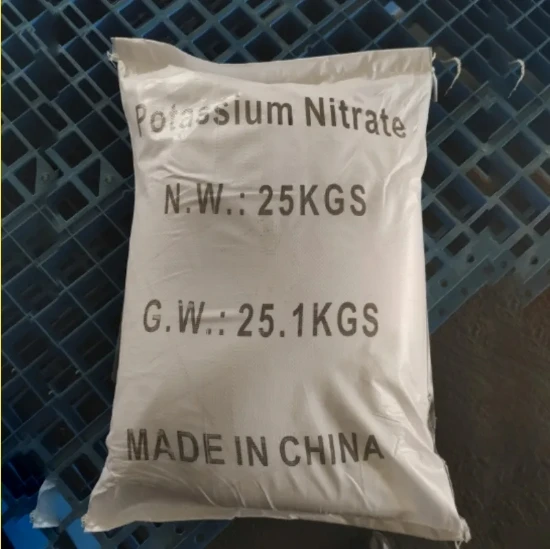
951 and 950 sweeteners
The Sweet Side of Health A Closer Look at 951 and 950 Sweeteners
In today's health-conscious world, the quest for sweetness without the calories has led to the widespread use of artificial sweeteners. Among the various options available, sweeteners identified by the numbers 951 and 950 have garnered attention for their unique properties and applications in food and beverage industries. These sweeteners, aspartame and acesulfame potassium, respectively, have sparked discussions around safety, sweetness, and the role they play in our diets.
Aspartame (951)
Aspartame, known by its code number 951, is an artificial sweetener that is approximately 200 times sweeter than sugar. Its discovery in the 1960s opened up a new era in dieting and sugar alternatives, as it provides the sweetness people desire while containing significantly fewer calories. Aspartame is commonly found in a variety of products, including soft drinks, chewing gum, yogurt, and sugar-free desserts.
One of the most remarkable aspects of aspartame is its chemical makeup; it is a dipeptide composed of two amino acids phenylalanine and aspartic acid. This structure is why aspartame has a taste profile comparable to that of sucrose (table sugar), making it a popular choice for consumers looking to reduce their sugar intake without sacrificing flavor.
However, despite its popularity, aspartame has not been without controversy. Some studies have suggested potential health risks associated with its consumption, particularly for individuals with phenylketonuria (PKU), a rare genetic disorder that prohibits the metabolism of phenylalanine. Regulatory bodies such as the U.S. Food and Drug Administration (FDA) and the European Food Safety Authority (EFSA) have repeatedly deemed aspartame safe for general consumption, but public perception remains divided.
Acesulfame Potassium (950)
951 and 950 sweeteners

Acesulfame potassium, identified by the number 950, is another non-nutritive sweetener that is often used in conjunction with other sweeteners to enhance flavor and achieve a more sugar-like taste. This sweetener is about 200 times sweeter than sugar and is heat-stable, which makes it suitable for cooking and baking. As such, acesulfame potassium is commonly found in products ranging from baked goods to processed foods.
The sweetening power of acesulfame potassium is derived from its unique chemical structure. Unlike other sweeteners, it does not provide any calories or carbohydrates, making it an appealing option for calorie-conscious consumers. Acesulfame potassium is often used in combination with aspartame or sucralose to create a well-rounded sweetness profile in various food products.
While acesulfame potassium has been declared safe by the FDA and other regulatory agencies, some studies have prompted concerns about possible long-term health effects. As with aspartame, the research is ongoing, and definitive conclusions remain elusive. Despite apprehensions, many consumers continue to use products containing this sweetener, drawn by the appeal of guilt-free indulgence.
The Role of Sweeteners in Our Diet
The growing trend of reduced-sugar products reflects changing consumer preferences and an increasing awareness of health issues related to excessive sugar consumption, such as obesity and diabetes. Sweeteners like aspartame (951) and acesulfame potassium (950) provide alternatives for those seeking to maintain sweetness in their diets without the caloric burden of traditional sugars.
However, it is essential for consumers to remain informed and mindful of their use of artificial sweeteners. Understanding personal dietary needs, potential allergies, and the ongoing research surrounding these additives empowers individuals to make informed choices about their health and nutrition.
In conclusion, while sweeteners 951 and 950 offer tantalizing benefits for those aiming to satisfy their sweet tooth, they also highlight the complexities and nuances of our relationship with food and wellness. As our understanding of these substances evolves, so too will our approach to sweetness and health in a changing world.
-
Pure Sodium Dichloroisocyanurate Dihydrate | Powerful DisinfectantNewsAug.29,2025
-
Industrial Chemicals: Quality & Purity for Every IndustryNewsAug.28,2025
-
Nitrile Rubber Honoring Strict Production StandardsNewsAug.22,2025
-
Aspartame Ingredients Honoring Food Safety ValuesNewsAug.22,2025
-
Fertilizer for Balanced Plant NutritionNewsAug.22,2025
-
Cyanide Gold Processing with High Purity AdditivesNewsAug.22,2025
-
Formic Acid in Textile Dyeing ApplicationsNewsAug.22,2025
Hebei Tenger Chemical Technology Co., Ltd. focuses on the chemical industry and is committed to the export service of chemical raw materials.
-

view more DiethanolisopropanolamineIn the ever-growing field of chemical solutions, diethanolisopropanolamine (DEIPA) stands out as a versatile and important compound. Due to its unique chemical structure and properties, DEIPA is of interest to various industries including construction, personal care, and agriculture. -

view more TriisopropanolamineTriisopropanolamine (TIPA) alkanol amine substance, is a kind of alcohol amine compound with amino and alcohol hydroxyl, and because of its molecules contains both amino and hydroxyl. -

view more Tetramethyl Thiuram DisulfideTetramethyl thiuram disulfide, also known as TMTD, is a white to light-yellow powder with a distinct sulfur-like odor. It is soluble in organic solvents such as benzene, acetone, and ethyl acetate, making it highly versatile for use in different formulations. TMTD is known for its excellent vulcanization acceleration properties, which makes it a key ingredient in the production of rubber products. Additionally, it acts as an effective fungicide and bactericide, making it valuable in agricultural applications. Its high purity and stability ensure consistent performance, making it a preferred choice for manufacturers across various industries.





